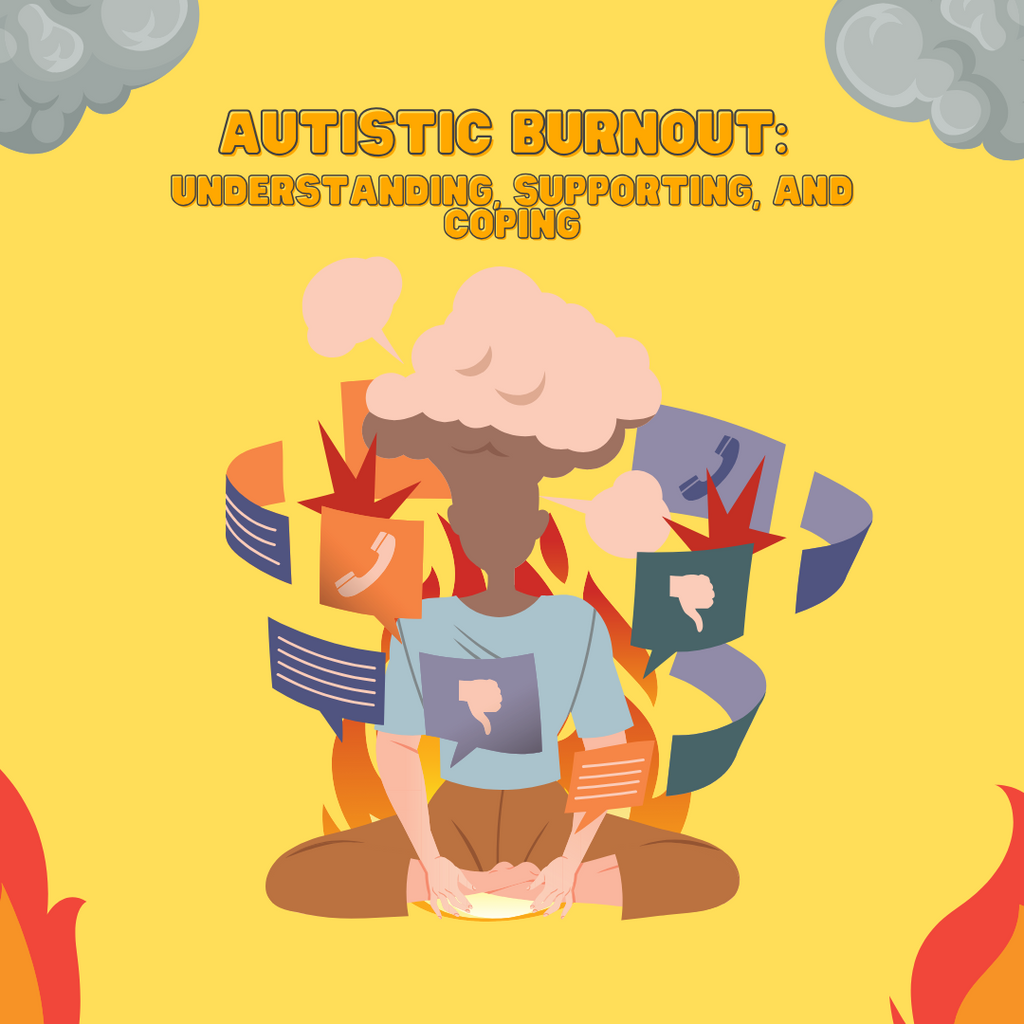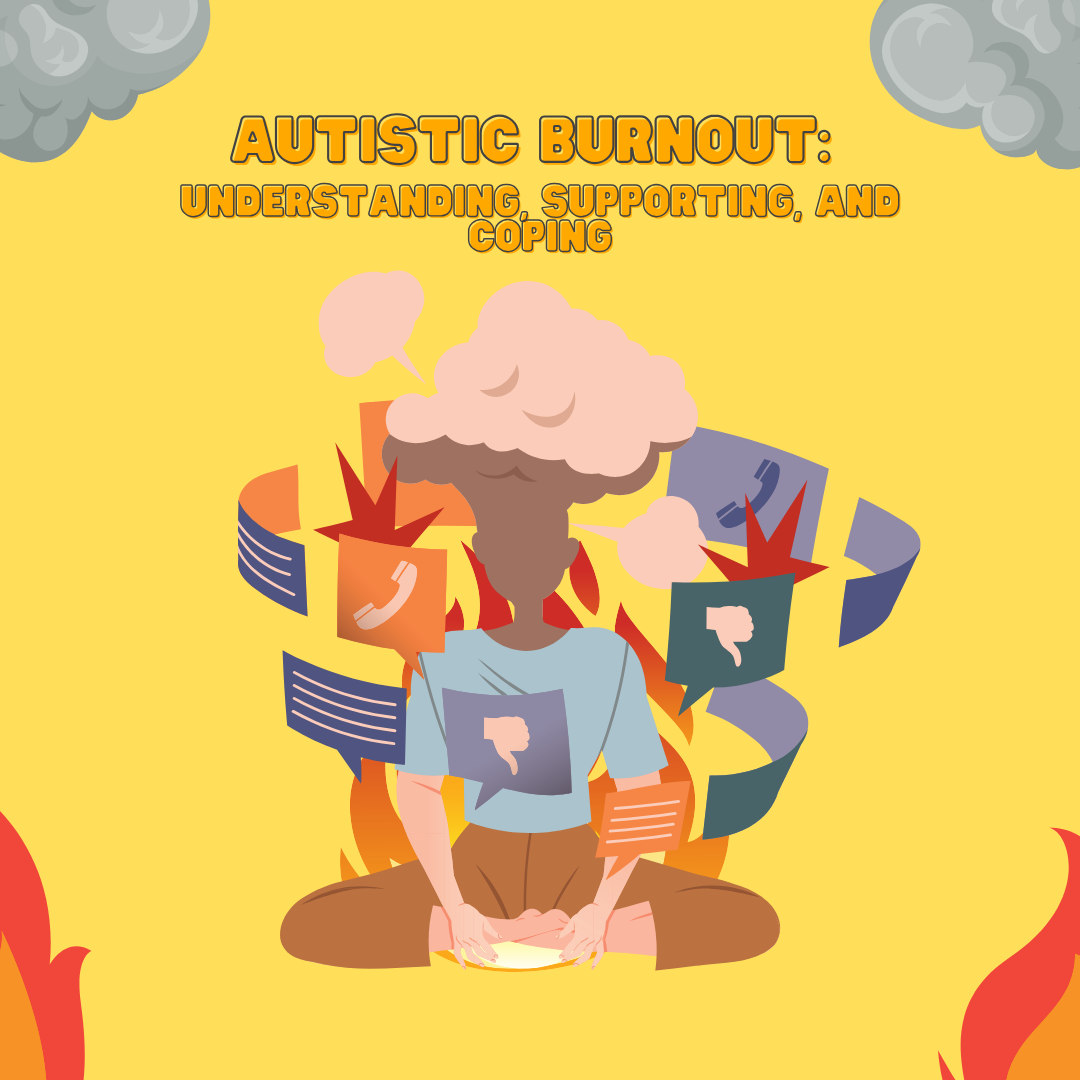
What is Autistic Burnout?
Autistic burnout is a state of intense physical, mental, and emotional exhaustion experienced by autistic individuals. It often results from the prolonged effort of navigating a world primarily designed for neurotypical minds.
Signs of Autistic Burnout:
- Increased sensitivity to sensory stimuli
- Decreased ability to handle social interactions
- Increased difficulty in managing daily tasks
- Increased frequency of meltdowns or shutdowns
- Withdrawal and desire for solitude
What Causes Autistic Burnout?
Several factors can contribute to burnout:
- Constant Masking: The ongoing act of suppressing autistic behaviors to fit into neurotypical standards can be draining.
- Overwhelming Expectations: Constant societal pressure to adapt and conform can be mentally exhausting.
- Life Changes: Major events or shifts, such as starting a new job or school, can be particularly stressful for autistic individuals.
- Sensory Overload: Constant exposure to unfriendly sensory environments without respite can lead to burnout.
How to Help Those Experiencing Autistic Burnout:
- Understanding and Patience: Recognize the signs and offer support without judgment.
- Provide a Safe Space: Ensure they have a quiet, comfortable environment to retreat to.
- Limit Expectations: Reduce demands and allow them the time and space to recuperate.
- Seek Professional Help: Sometimes, intervention from therapists or counselors who understand autism can be beneficial.
Skill Regression & Coping Strategies:
Skill regression, a potential outcome of prolonged burnout, is when an autistic individual temporarily loses abilities they previously mastered, like self-care tasks or social interactions.
Ways to Address Skill Regression:
- Stay Calm and Supportive: Understand that regression is a natural response to stress and will improve with time.
- Re-teaching Skills: Break tasks into smaller steps and teach them patiently, offering frequent positive reinforcement.
- Professional Guidance: Occupational or speech therapists can provide specialized strategies to regain lost skills.
- Encourage Self-Expression: Whether it's through art, writing, or another medium, expressing feelings can be therapeutic.
Conclusion:
Autistic burnout can be a challenging phase, but with understanding and the right support, recovery is entirely possible. Remember, the essence of autism awareness is not just about understanding the condition but embracing the individuality and richness it brings to our world.
For all the siblings, parents, friends, and educators supporting someone with autism, your empathy and understanding can be a beacon of hope in their journey. Let's be that beacon and light the path towards a more inclusive world.

